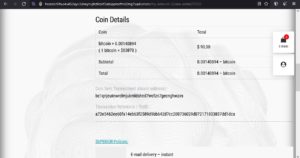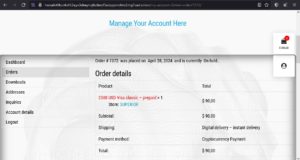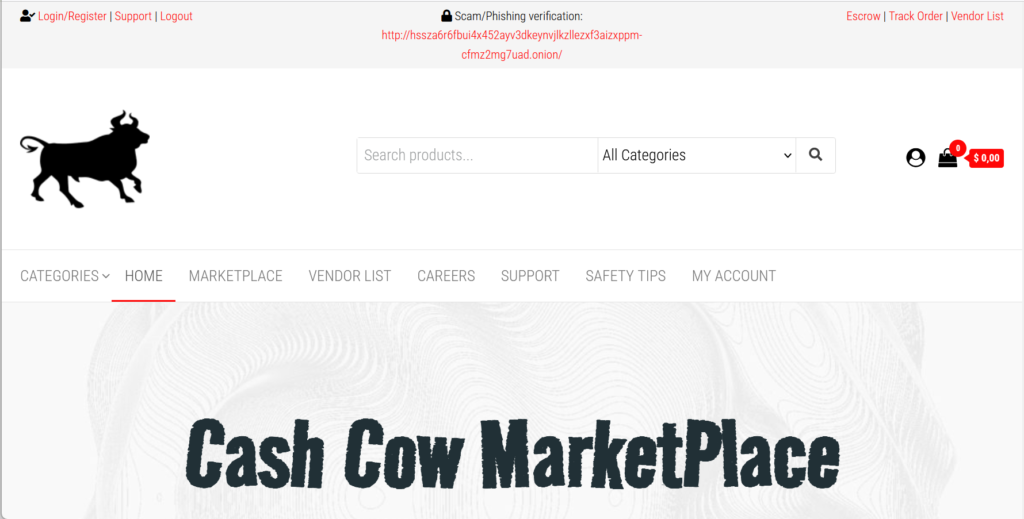Table of Contents
ToggleCash Cow – TOR Scam Report (4)
Onion Link: http://hssza6r6fbui4x452ayv3dkeynvjlkzllezxf3aizxppmcfmz2mg7uad.onion
Scam Report Date: 2024/05/08
Client Scam Report Breakdown
Original Report Summary:
The client’s scam report revolves around a purchase made on a deep web marketplace, “Cash Cow,” which claims to be a secure platform with a wide range of products offered by independent vendors. The report indicates that the client bought a card from one of the vendors but never received any updates on the transaction and did not get their money back. The client provided proof of the transaction via a screenshot and requested the return of their funds, specifying their Bitcoin address: 1HVa6EjGL72rsZkzyFm5AryPSt7BP9Rm5T.
Photos:


Marketplace Claims and Vendor Certification: Cash Cow markets itself as a secure and anonymous platform, where vendors are subjected to rigorous certification tests, including product sampling by the marketplace’s team. These tests are supposedly conducted not only at the beginning of a vendor’s cooperation but also randomly over time. Despite these claims, the client’s experience contradicts the marketplace’s assurance of safety and reliability. The vendor from whom the client bought the card failed to deliver the promised product and neglected to communicate with the buyer post-purchase, violating the platform’s advertised buyer protection and escrow services.
The terminology used by the marketplace, such as “FULL Escrow” and “buyer protection system,” refers to mechanisms that are supposed to hold the buyer’s payment until the product is received and confirmed by the buyer. In this case, it seems that the escrow system either failed or was bypassed, leading to the client’s loss of funds without receiving the product. The lack of updates and the inability to recover the payment through the marketplace’s systems highlight potential vulnerabilities or fraudulent practices within the platform.
Client’s Request and Bitcoin Transaction: The client’s request for a refund is straightforward, supported by the claim that they have proof of the transaction, which they have shared in a screenshot. The mention of a Bitcoin address (1HVa6EjGL72rsZkzyFm5AryPSt7BP9Rm5T) suggests that the client made the purchase using Bitcoin, a common cryptocurrency accepted on such platforms. Bitcoin transactions are typically irreversible and pseudonymous, meaning that once the funds are sent, they cannot be recovered unless the recipient voluntarily returns them. This makes the client’s situation particularly precarious, as the refund entirely depends on the marketplace’s or vendor’s goodwill or the proper functioning of the escrow system.
The client’s report sheds light on the potential risks associated with deep web marketplaces like Cash Cow, where the advertised security measures may not always function as intended, leaving buyers vulnerable to scams. The client’s experience underscores the importance of exercising caution when dealing with unregulated online marketplaces, especially those operating on the dark web, where legal recourse is limited, and the chances of recovering lost funds are minimal.







